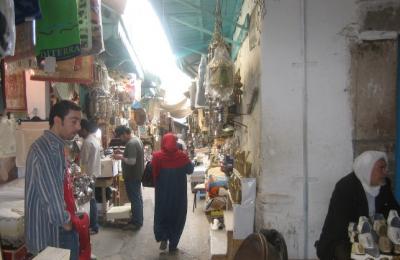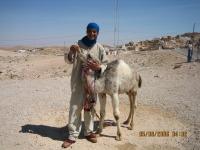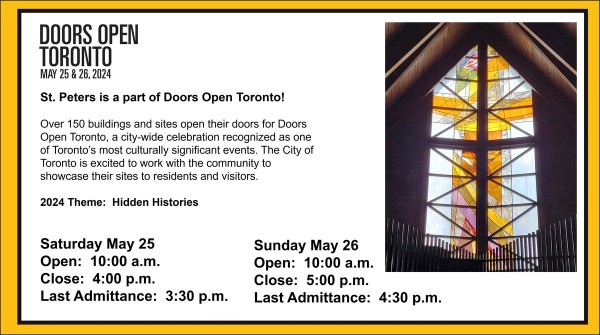A SEARCH FOR A HAPPY COUNTRY (39)
CHAPTER XIX: A TALK WITH THE PRESIDENT
On the eve of leaving Estonia, I received and invitation from President Päts to lunch with him and the members of his official family and the diplomatic coprs, at Oru Loss, the Summer White House. I very much wanted to interview him, and had felt disappointed that he was so busy with the new constitution he was not seeing any one outside of his regular consultants. However, my whole summer had been so stimulating and delightful that I had made up my mind to bear this disappointment when, just the day before my ship sailed for Finland, the invitation came. For at last the new constitution had been completed, and the end of the long task gave him a little leisure for social affairs.
Oru Loss is about 200 miles from Tallinn, toward Narva. In my section on the train were four Germans, three men, and a woman who spoke English. She was curious to know what on earth I found in Estonia worth writing about. “I find here a beautiful and almost unknown country that has passed through a fundamendtal revolution with the minimum of violence and cruelty,” I told her. “Also, I find the people very intelligent; and I think they have worked out good answers to some problems that are baffling my own people in America.”
“Ach-so-o! Ja, they perhaps are intelligent about practical things — but spiritual ideas, they have none. Such they cannot understand.” She turned and spoke rapidly in German to the three gentlemen. They nodded enthusiastic agreement with her, and looked severely at me.
The spiritual Germans got of at Tapa, and I went on to my own station, realizing how their assumption of superiority had contributed to the vehemence of the revolution which had deprived them and their racial group of wealth and power.
I got off at the small town of Jõhvi, and found myself welcomed by a liveried chauffeur and three soldiers in the blue Estonian uniform, who led me to a shiny American automobile. We drove over two lane paved roads, tree-shaded, and bordered with thrifty farms, rich with harvest. We frequently passed school houses where meetings were in progress. Chatting groups filled the gardens that surrounded every school, discussing, I suppose the New Constitution. Here and there blue-clad soldiers patrolled the peaceful roads, because it was an exciting day, when the people were trying to measure the degree of their enlarged freedom.
When I reached the gates of Oru Loss the sentries saluted and opened them for me, and I was carried on up the tree-shaded avenue to the castle itself, set in a perfect blaze of flowers of every color — zinnias, chrysanthemums, lilies, and larkspur. The white-towered Italian Renaissance building stood in the midst of the garden on a hill overlooking the Pühajõgi (Holy River) Valley. Before it, white marble terraces, graced with fountains and roses, stepped stately down to the sea. It was not ancient, having been built at the dawn of the century by a Russian financier as a summer residence for his family.
The sentries stood, almost as colorful as flowers, before its door, expressionless young blond giants as handsome as movie actors. They saluted, and I climbed the broad marble steps between them feeling as if an orchestra ought to be playing somewhere. Two servants in black and silver liveries swung wide the doors and there, exactly centered in the marble hall within, stood a gorgeous military gentleman in a crimson velvet coat covered with gold braid and medals — the Chief of Staff for the President of Estonia, charged with the duty of receiving the guests.
In the next room was a receiving group of five or six gentlemen in civil clothes, and one attrctive young woman, to whom I was duly presented. She was the wife of the older of the President’s two sons and, with her two children, made home for the President. In his few leisure hours he loves to play with his grandchildren. She is vice president of the Women’s Council, and we found we had mutual friends, and stood chatting until another group, entering, claimed her. This time it was the Papal Nuncio, in a long black robe with skull cap and wide crimson sash, followed by a small court of ecclesiastics.
(To be continued)
Järjejutt
TRENDING






















